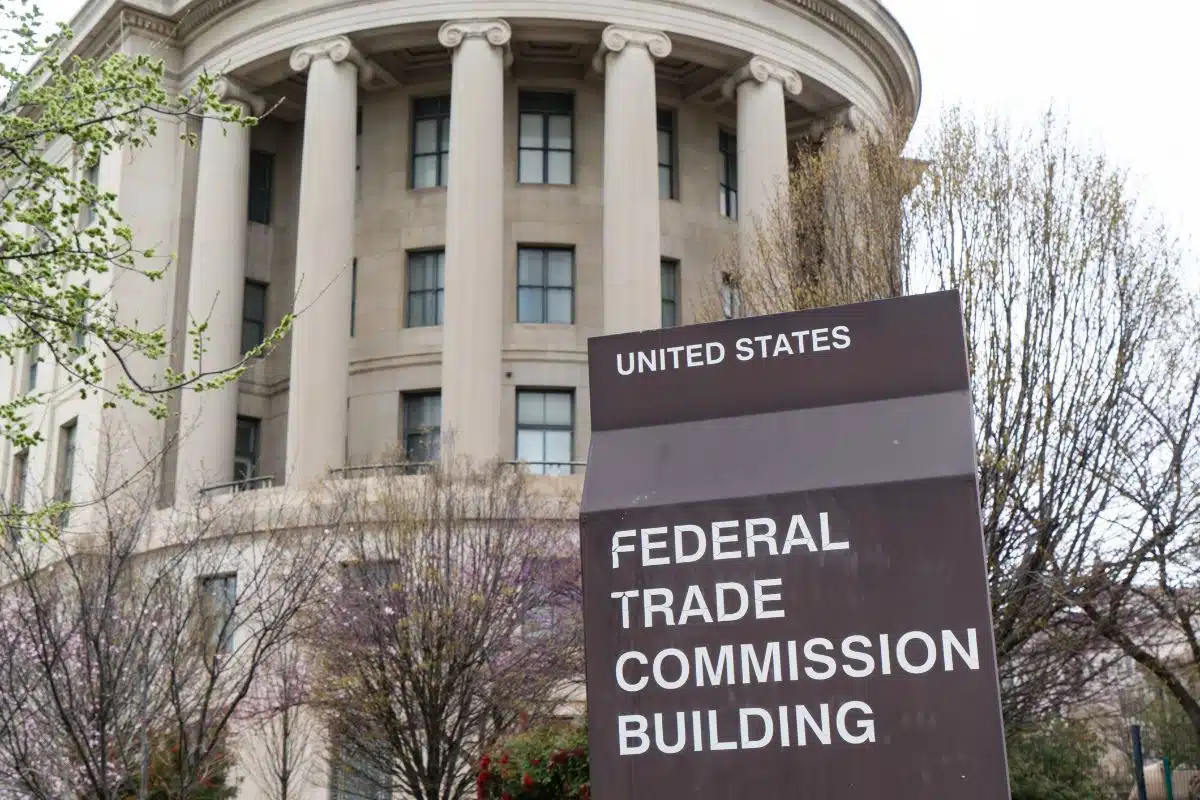On January 5, 2023, the Federal Trade Commission (FTC) proposed a ban on noncompete agreements and introduced a period to receive comments from the public through March 10, 2023. This proposal has stirred much controversy and debate across Tennessee and the entire nation on both sides of the question. Do non-compete agreements help or harm businesses and employees? Should such business regulations be left to the individual states? Should the FTC ban non-compete agreements nationwide?
What is a Non-Compete Agreement?
“A non-compete agreement is a legal agreement or clause in a contract specifying that an employee must not enter into competition with an employer after the employment period is over.” Non-compete agreements typically include provisions that ban former employees from revealing proprietary information or trade secrets obtained from their former employer. Most non-compete agreements have a specified period of time to be in effect.
Many employers across Tennessee currently require employees to sign such an agreement as a term of employment, affecting hourly employees, salaried employees, contractors and consultants.
State Activity Concerning Non-Compete Agreements
One significant objection to the FTC’s proposed ban is how it contradicts state’s rights. Although federal business regulation is nothing new, historically, the individual states have handled most business regulation, including non-compete clauses. Most state currently allow non-compete agreements, including Tennessee, but there is a rising trend to limit their enforcement or even ban their use.
California, North Dakota, the District of Columbia, and Oklahoma do not recognize non-compete agreements. Maine, Maryland, New Hampshire, Rhode Island, and Washington have banned non-compete agreements for low-wage workers.
In 2021, Oregon passed legislation to only enforce non-compete clauses if the employee earns more than $100,533 per year, if the restricted period does not exceed 12 months, and the employer agrees in writing to provide compensation to the employee after their termination.
In 2021, Nevada passed Assembly Bill 47 to significantly increase Nevada’s restrictions on non-compete agreements. Similar legislation went into effect in Illinois on January 1, 2022.
Why Does the FTC Wish to Ban Non-Compete Agreements?
In an FTC news release dated January 5, 2023, the FTC called non-compete agreements “a widespread and often exploitative practice” and further stated that non-competes:
- Suppress wages
- Hamper innovation
- Block entrepreneurs from starting new businesses
- Block workers from freely switching jobs
- Deprive workers of better working conditions
- Deprive businesses of a talent pool they need to build and expand
- Prevent employers from hiring the best talent
“By stopping this practice, the agency estimates that the new proposed rule could increase wages by nearly $300 billion per year and expand career opportunities for about 30 million Americans.”
Some Objections to the FTC Proposed Ban on Non-Compete Agreements
The major objections to the FTC proposed ban on non-compete agreements centers around the ability of the states to handle such matters. Every reason the FTC submits as grounds for the proposed ban has already been addressed by the states, or is under current scrutiny by their legislatures.
In fact, FTC Commissioner Christine Wilson, who alone voted against this proposal, called the other commissioners “unelected technocrats” who substitute their judgment on an issue that has, for “several hundred years,” been left to the states.
Businesses refute the need for a ban, citing the need for non-compete agreements to protect the investment they make in employee training, their trade secrets and other company property. Without them, employees are free to leave and take valuable skills, knowledge and trade secrets with them to benefit other companies, notwithstanding current patent and trade secret laws.
Get Legal Guidance in Tennessee on Non-Compete Agreements
If you are a business in Tennessee considering the use of non-compete agreements, or a TN employee being asked to sign one, you need seasoned legal guidance. The Crone Law Firm has experienced and knowledgeable business attorneys who can provide advice and counsel to protect your rights and interests. Contact us today to learn more.


